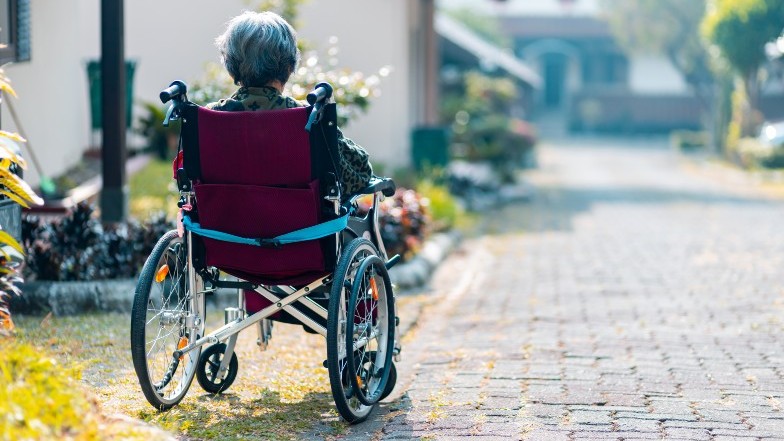Study will gauge impact of 'at-risk' ALS patient testing

Sano Genetics has been awarded a grant from Innovate UK to explore the psychological impact on people at risk of motor neurone disease (MND) – also known as amyotrophic lateral sclerosis (ALS) – of learning they may develop the condition.
The £330,000 ($417,000) award for the 'Light The Way' project will help the Cambridge-based company investigate a hitherto under-explored area – how to support the at-risk families of patients who are diagnosed with genetic forms of ALS.
The project will provide educational resources, peer support, genetic testing and counselling at no cost to the participants. It will also give them the opportunity to take part in new research studies, and potentially the opportunity to take part in the testing of new therapies such as Biogen's Qalsody (tofersen), the first therapy to be approved for a genetic form of ALS.
Overall, the aim is to "improve the outlook for people living with, and at risk of developing, this progressive neurodegenerative disease for which there is currently no cure and an 18 to 24-month median prognosis", said Sano, a specialist in at-home genetic testing, recruitment of patients into clinical trials, and long-term patient engagement.
The project will try to chart the psychological journey that at-risk individuals experience in order to "inform policy" in the field, it added.
It's well-recognised that people who learn that they are at risk of a serious illness can experience significant stress, panic and uncertainty, but for many diseases has been relatively little effort to quantify those effects and look at ways to support those who are affected.
"Because it's such a devastating condition, researchers and healthcare professionals are concerned about the psychological fallout of learning about a genetic predisposition," commented Sano's chief executive Patrick Short.
"This is partly why ALS is so severely under-researched from a genetics standpoint," he added. "Informally, some clinicians report that having conversations with asymptomatic individuals or offering genetic counselling risks causing more harm than good, and diverts resources away from treating diagnosed ALS patients in busy clinics."
The new funding will cover the recruitment of up to 1,000 participants in the US and UK, of whom around 200 are expected to opt in for genetic sequencing, initially in English and Spanish. Thereafter, Sano is hoping to set up a consortium of partners in the ALS area to fund the expansion of the project into new countries and additional languages.
The platform will chart the psychological impact of living with a genetic predisposition to ALS through a psychological distress study named Beacon, measuring the impact on depressed mood, anxious mood, perceived worry about genetic ALS and the reaction to the return of genetic testing results.
Other areas of exploration will include survivor's guilt for those who test negative and any sense of regret after testing, according to Sano. Subjects in the study will self-report their feelings periodically over nine months, and the responses will be compared to a control group who either chose not to be tested or decided not to receive the results.
The project has been welcomed by the patient organisation MND Association, which supports the provision of genetic testing and counselling to at-risk individuals.
"This could allow for personalised treatment programmes in the future and for genetic information to be considered by those intending to have children," said acting director of care improvement Sally Hughes.
"Genetic testing is a big step, not just for the individual but potentially for family members too, and the 'Light the Way' project has an important role in helping us understand the psychological impact," she added.













